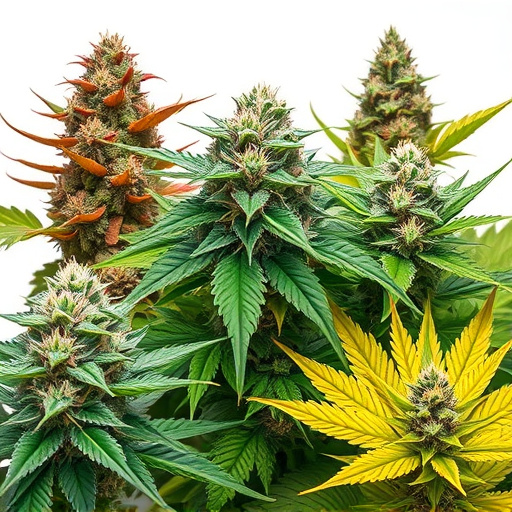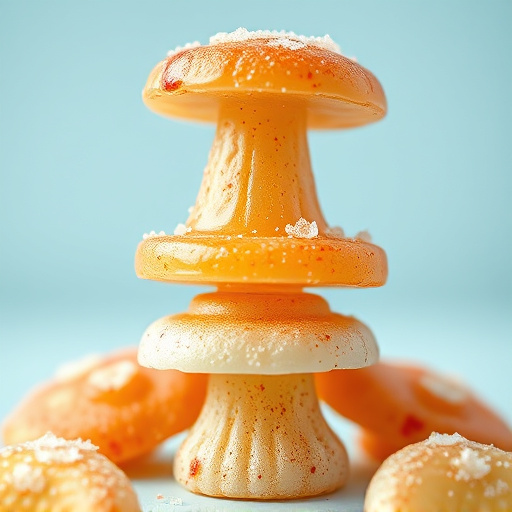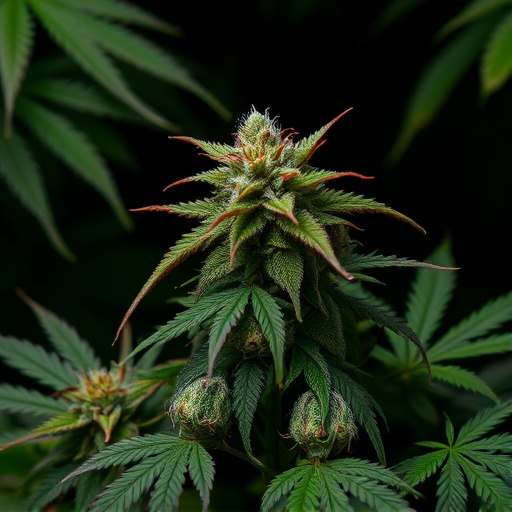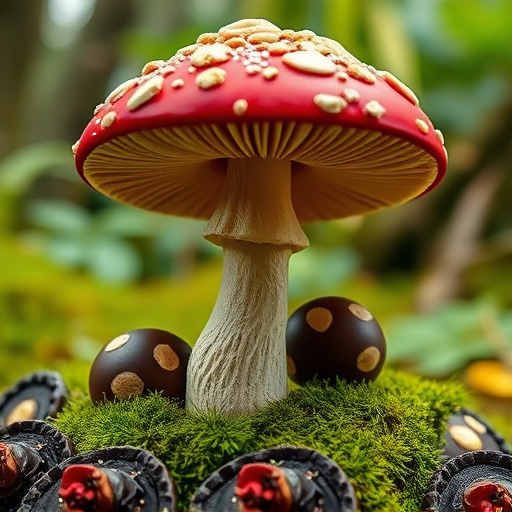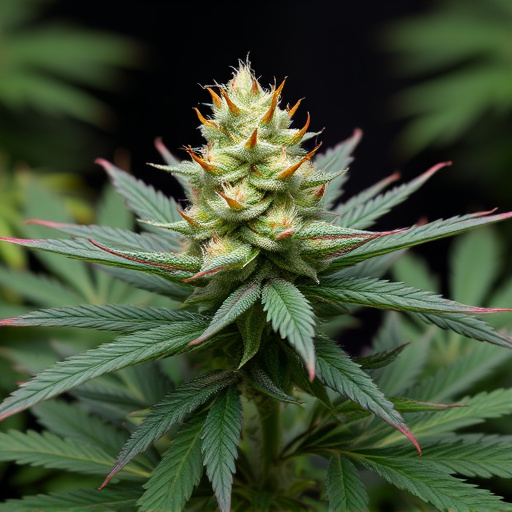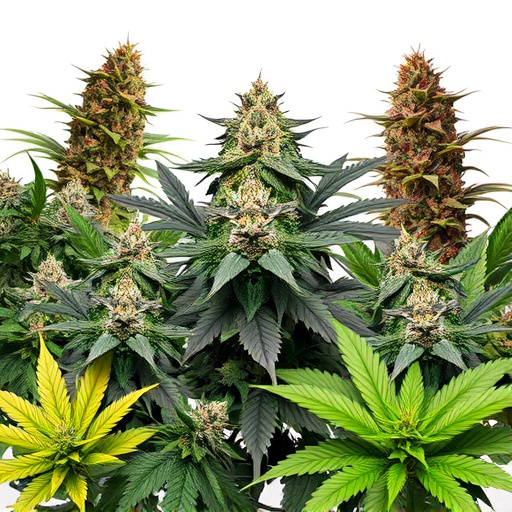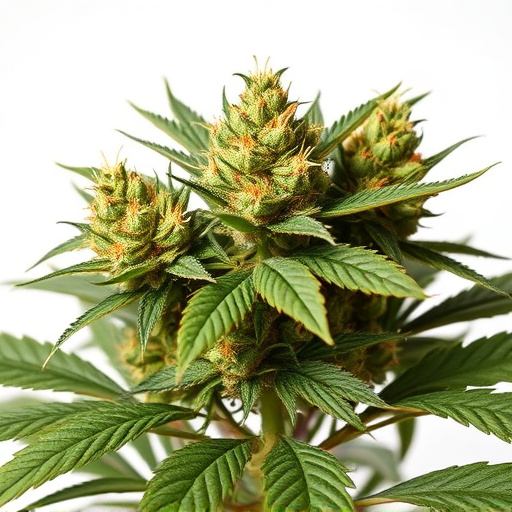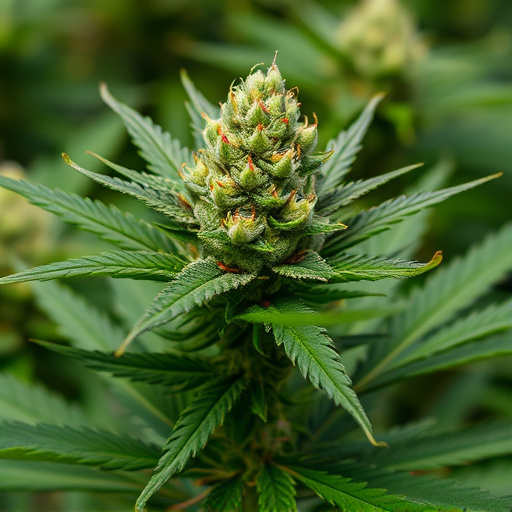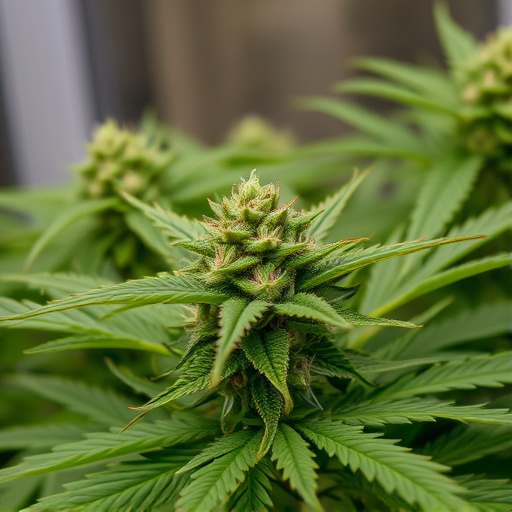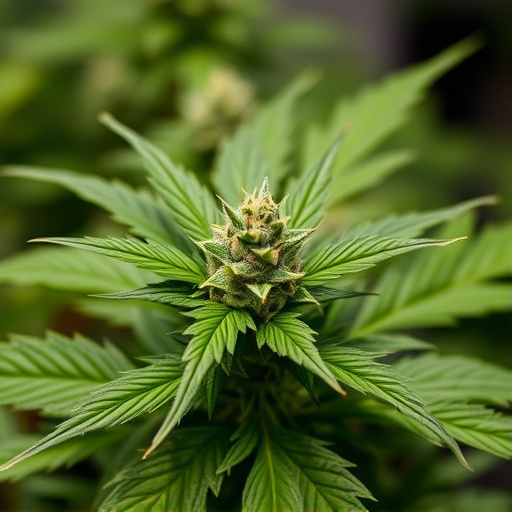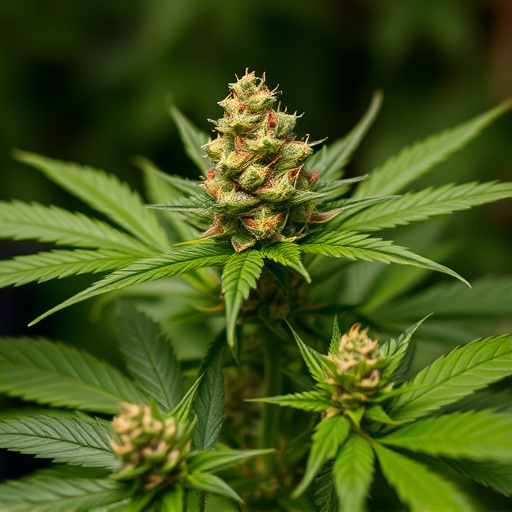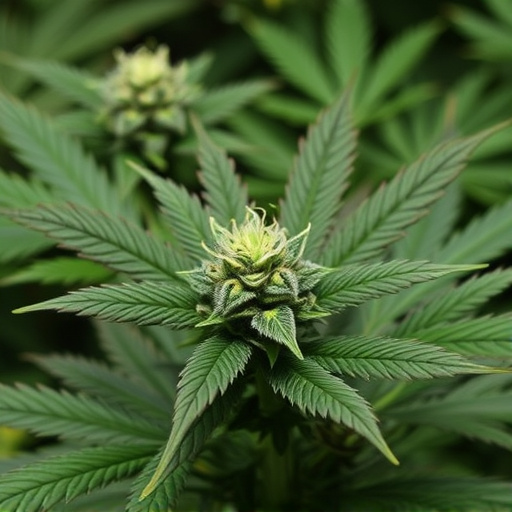Temperature plays a pivotal role in the absorption and effectiveness of cannabinoids like THC and CBD in medical marijuana strains. While THC becomes more potent at higher temperatures, CBD remains stable but affects solubility and bioavailability. Heating methods through smoking or vaping trigger chemical reactions that alter cannabinoid composition, impacting their therapeutic effects. Optimal temperature conditions for consumption range between 150°F to 200°F (65°C to 93°C), enhancing cannabinoids' solubility and bioavailability. Proper handling and temperature control during preparation methods like decarboxylation are crucial for maximizing the benefits of medical marijuana strains.
Temperature plays a surprising role in enhancing or diminishing the potency of medical marijuana strains. This article delves into how heat influences the absorption of THC and CBD, crucial components for medicinal users. We explore the sensitivity of these compounds to temperature shifts, specifically examining their behavior in different forms of consumption. Understanding this dynamic is vital for optimizing dosing and maximizing therapeutic benefits, particularly when considering various preparation methods for medical marijuana strains.
- Understanding THC and CBD Sensitivity to Temperature
- The Impact of Heat on Medical Marijuana Strains
- Optimizing Consumption: Temperature's Role in Absorption
Understanding THC and CBD Sensitivity to Temperature
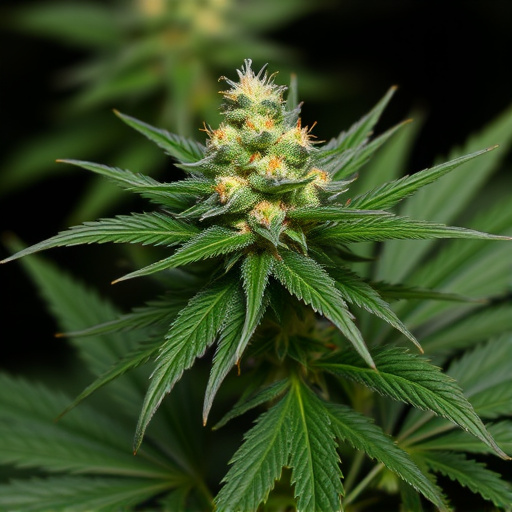
Temperature plays a significant role in the absorption and efficacy of cannabinoids like THC (tetrahydrocannabinol) and CBD (cannabidiol) found in medical marijuana strains. These compounds are sensitive to heat, with their chemical properties altering at different temperatures. In general, THC becomes more potent as temperature increases, leading to enhanced psychoactivity. On the other hand, CBD is relatively stable across a wider temperature range but can also experience changes in solubility and bioavailability.
Understanding this temperature sensitivity is crucial for consumers of medical marijuana. When consumed orally, such as through edibles or capsules, the absorption rate of THC and CBD is influenced by the body’s internal temperature and the temperature at which the product was processed. Higher temperatures during extraction or preparation might increase THC content but could also alter CBD’s bioavailability. Therefore, proper storage and handling of medical marijuana strains are essential to maintain the intended balance of cannabinoids.
The Impact of Heat on Medical Marijuana Strains
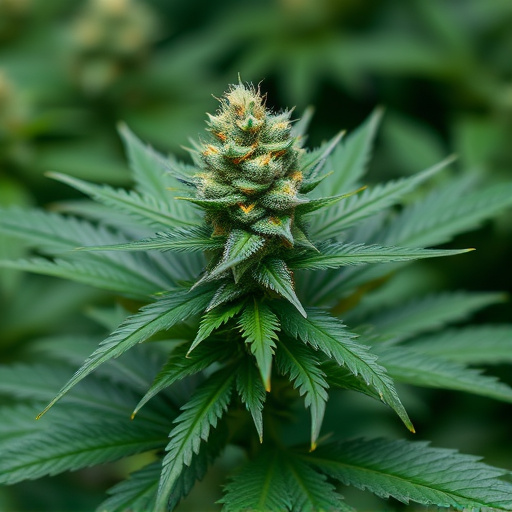
The impact of heat on medical marijuana strains is a fascinating aspect often overlooked in understanding cannabis consumption. When cannabis flowers are heated, whether through smoking or vaping, chemical reactions occur that can alter the composition of the plant material. This process significantly affects how THC (tetrahydrocannabinol) and CBD (cannabidiol), two prominent cannabinoids, are absorbed by the body. In particular, heat causes the volatilization of these compounds, making them more readily available for inhalation or absorption through the mucous membranes in the lungs or mouth.
In medical marijuana strains, this effect can be both beneficial and cautionary. On one hand, heating enhances the bioavailability of THC and CBD, potentially intensifying their therapeutic benefits for conditions like chronic pain, nausea, and anxiety. However, excessive heat exposure may lead to a loss of other valuable compounds in cannabis, including terpenes, which contribute to the plant’s aroma, flavor, and potential medicinal properties. Therefore, understanding how temperature influences medical marijuana strains is crucial for patients aiming to maximize the benefits of their treatment while preserving the full spectrum of cannabinoids present in the original plant material.
Optimizing Consumption: Temperature's Role in Absorption
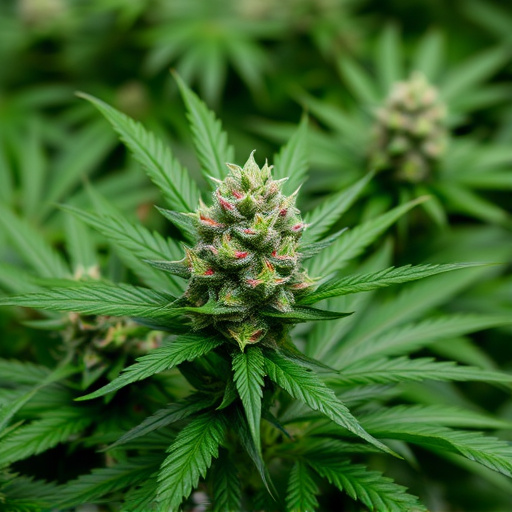
Optimizing consumption of medical marijuana strains involves understanding how temperature impacts THC and CBD absorption. Heat plays a pivotal role in the bioavailability of these cannabinoids, which are responsible for the plant’s therapeutic effects. When consumed orally, such as through edibles or capsules, temperature affects the rate at which THC and CBD are absorbed into the bloodstream.
Research suggests that optimal temperatures for enhancing absorption lie between 150°F to 200°F (65°C to 93°C). At these temperatures, cannabinoids become more soluble in fats and oils, facilitating easier entry into cellular membranes. This is why precise temperature control in preparation methods like decarboxylation is crucial for maximizing the benefits of medical marijuana strains.
Understanding how temperature influences THC and CBD absorption is key to optimizing the effectiveness of medical marijuana strains. Heat can significantly alter the bioavailability of these compounds, affecting their delivery to the body’s systems. By controlling consumption temperatures, patients can enhance the overall therapeutic experience, ensuring more efficient and targeted relief. This knowledge empowers users to make informed decisions regarding their medication, maximizing the benefits of medical marajuana strains.
